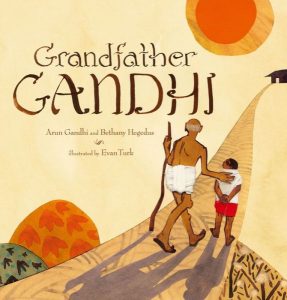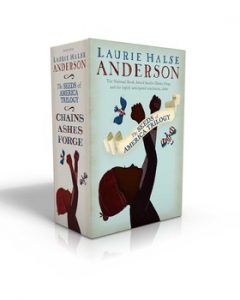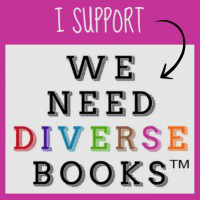When my son was younger I told him that he should keep two words in mind as he went out in the world: be nice.
Now I would change those words to be kind.
There’s nothing wrong with nice. My mother would have used the word correct. (Which is one reason I’ve come to dislike the term politically correct, since there should be nothing political about correct/nice/appropriate behavior.)
But kind, now, means more to me than just correct. Kind means heartfelt. It means selfless. It means love in the most brotherly of terms. It means feeling empathy for others. It means more of what we need as the community of human souls, especially right now.
In tribute to kindness and in the spirit of the season, I’d like to offer some gift suggestions that honor kindness and foster empathy. These suggestions not surprisingly have something to do with books and reading, since not only is that my thing, but also because I believe that through reading and education do we grow in kindness and empathy.
There are many more books than I have room to cite so please add your favorites in the comments – especially for teen readers.
For the youngest readers:
Step Right Up: How Doc and Jim Key Taught The World About Kindness, by Donna Janell Bowman, illustrated by Daniel Minter (Lee & Low Books, 2016). A Horse that can read, write, and do math? Ridiculous! That’s what people thought until former slave and self-taught veterinarian Dr. William Key, with his “educated” horse Beautiful Jim Key, proved that, with kindness, anything is possible. Over nine years of exhibiting across the country, Doc and “Jim” broke racial barriers, fueled the humane movement, and inspired millions of people to step right up and choose kindness.
Grandfather Gandhi, by Arun Gandhi & Bethany Hegedus, illustrated by Evan Turk (Atheneum Books For Young Readers, 2015). Mahatma Gandhi’s grandson tells the story of how his grandfather taught him to turn darkness into light in this uniquely personal and vibrantly illustrated tale that carries a message of peace.
For middle grade readers:
A Long Walk To Water, by Linda Sue Park (Clarion Books, 2010). Before leaving Africa, Salva’s life is one of harrowing tragedy. Separated from his family by war and forced to travel on foot through hundreds of miles of hostile territory, he survives starvation, animal attacks, and disease, and ultimately leads a group of about 150 boys to safety in Kenya. Relocated to upstate New York, Salva resourcefully learns English and continues on to college. Eventually he returns to his home region in southern Sudan to establish a foundation that installs deep-water wells in remote villages in dire need of clean water. This poignant story of Salva’s life is told side-by-side with the story of Nya, a young girl who lives today in one of those villages. (Be sure to check out the many generous actions taken by classrooms that have read this book.)
The Seeds of America Trilogy, by Laurie Halse Anderson (Simon & Schuster, 2016). It’s 1776 and Isabel, Curzon, and Ruth have only ever known life as slaves. But now the young country of America is in turmoil—there are whisperings, then cries, of freedom from England spreading like fire, and with it is a whole new type of danger. For freedom being fought for one isn’t necessarily freedom being fought for all…especially if you are a slave. But if an entire nation can seek its freedom, why can’t they?
For teen readers:
Challenger Deep, by Neil Shusterman (HarperCollins, 2015). Challenger Deep is an astonishing artistic achievement. In high school student Caden Bosch, Neal Shusterman has created a young hero who finds a way not just to navigate his own schizophrenic breakdown but to ease the struggles of his fellow patients. Poetic, compassionate, and thrillingly inventive, Challenger Deep affirms the power of narrative to describe the indescribable and enlighten us all.
For adults:
I recommend a contribution to We Need Diverse Books.
Their mission: “We Need Diverse Books™ is a grassroots organization of children’s book lovers that advocates essential changes in the publishing industry to produce and promote literature that reflects and honors the lives of all young people.”

